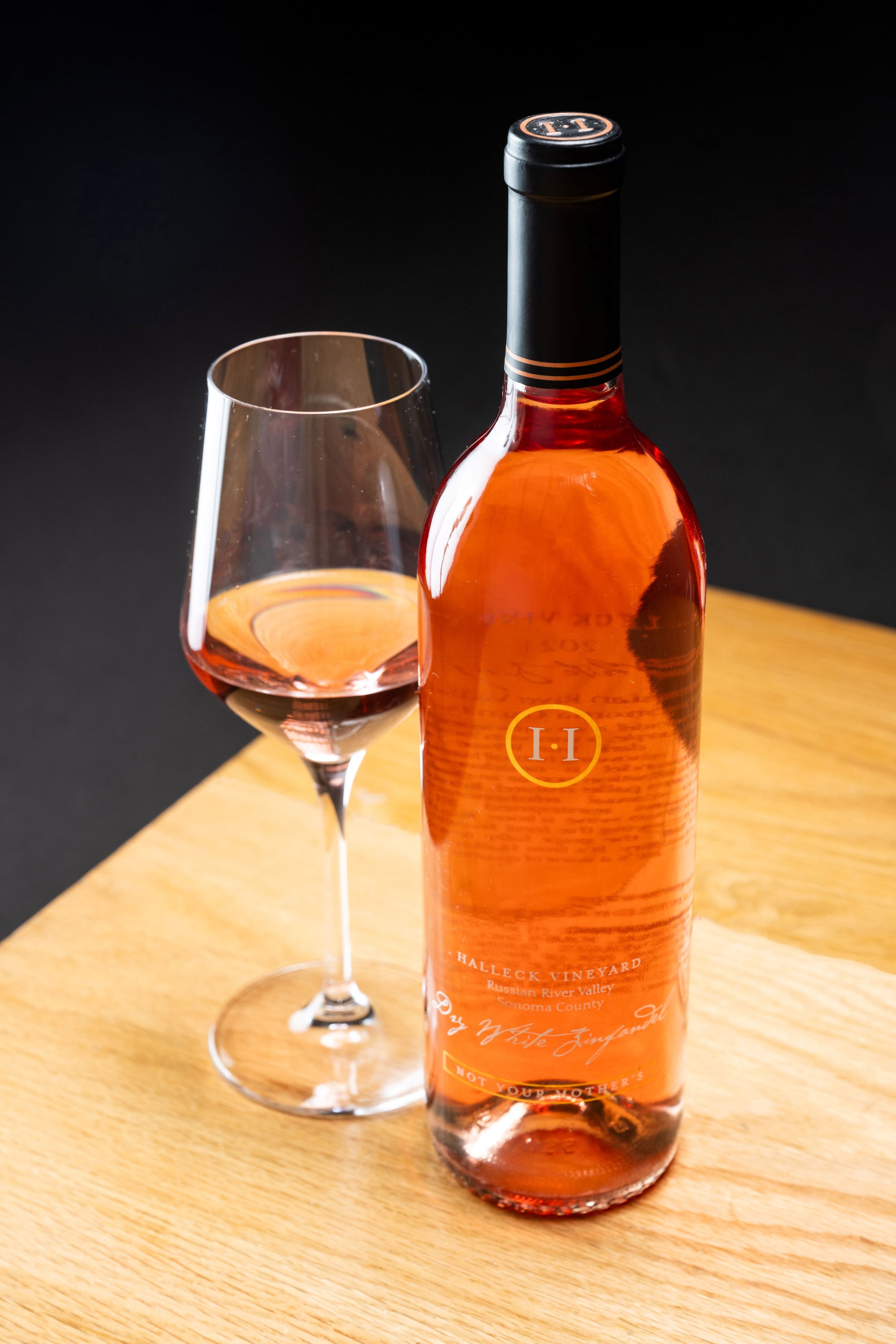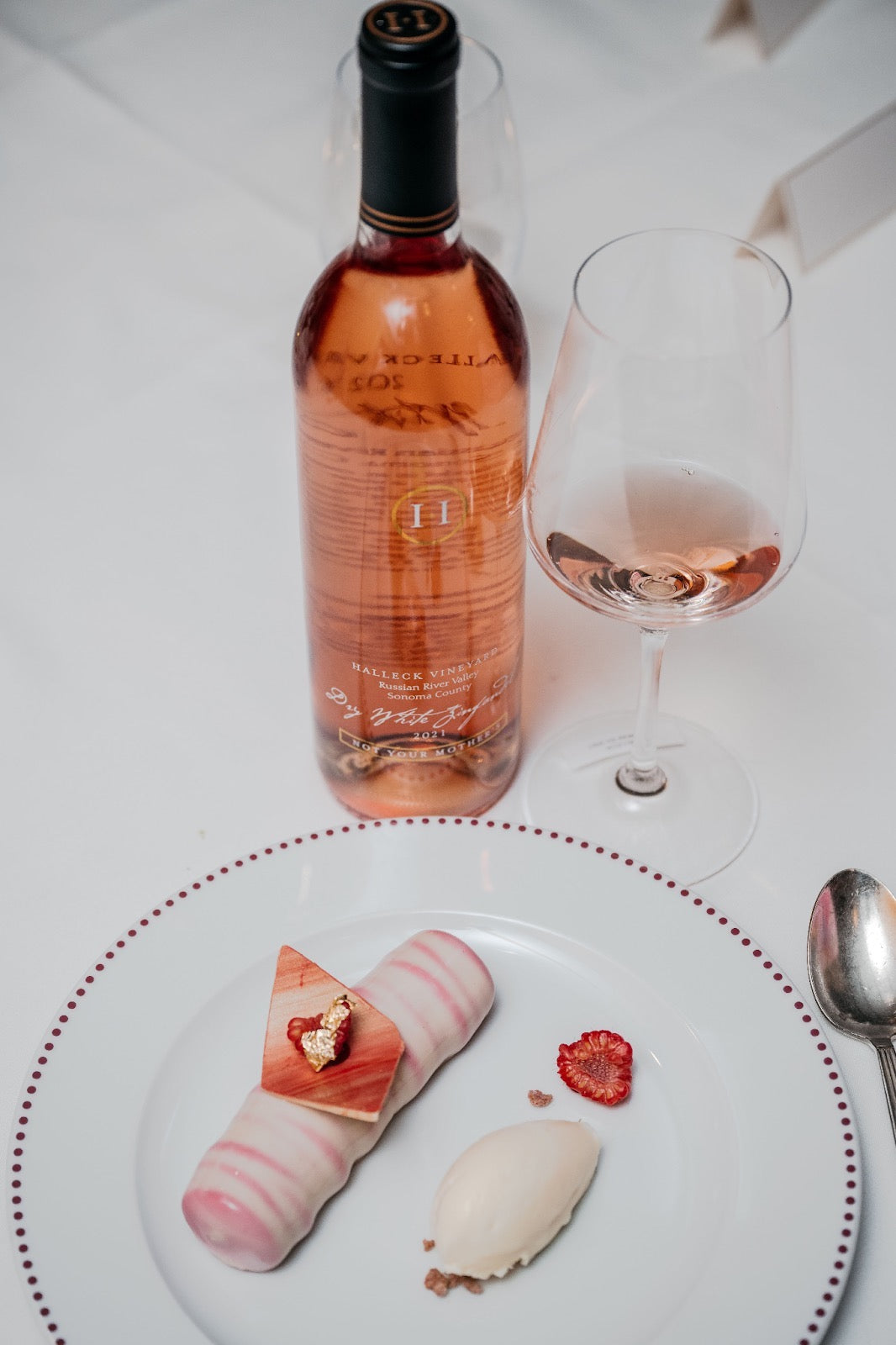Wineries Located Near Russian River Valley - Wineries To Explore In Sonoma Valley
Wineries With Sustainable Practices - Enjoying The Best Wineries In Sebastopol
Visiting a winery for a wine tasting can be an enchanting experience, especially when you know the way to maximise the chance with tasting notes. These notes function a guide to understanding the complexities of the wines you sample and help in forming a deeper connection with each pour. Utilizing tasting notes can rework your experience, permitting you to savor not simply the style but in addition the story behind each bottle.
Every wine has a novel profile influenced by grape selection, terroir, and winemaking techniques. Understanding these components can improve your appreciation of the wine. When you are given a tasting menu or a flight of wines to sample, take the time to read by way of any descriptions supplied (Wineries In Green Valley). This preliminary overview can set the tone and expectations in your tasting experience.
Begin your wine tasting by observing the wine in your glass. The shade can reveal a lot in regards to the wine’s age and varietal. Take notes on the hue, clarity, and viscosity. A well-structured tasting note typically consists of this visible assessment as it forms the inspiration of your evaluation. While it may seem trivial, the visible facet is essential in wine tasting.
Intimate Wine Tasting Experiences In Sonoma - Wineries With Outdoor Tastings In Sebastopol
After your visual evaluation, it's time to take a gentle whiff. Swirl the wine in your glass to aerate it, releasing its aroma. This is the place tasting notes become significantly useful. Make notes about the completely different scents you detect—fruits, spices, or floral hints. Figuring Out these aromas will assist you to put words to the intrinsic complexities of the wine you're sampling.

The subsequent essential step is the tasting itself. Take a small sip and let the wine roll over your palate. Note the flavors you experience. Are they sweet or tart? Where does your palate detect every flavor? Some wines might current instant sweetness followed by a tannic finish. Use your tasting notes to document these layers, creating a roadmap of your sensory experience.
Consider additionally the mouthfeel of the wine as you taste. Is it clean, crisp, creamy, or perhaps tannic? This textural high quality significantly influences the general enjoyment and impression of the wine. Observing the mouthfeel can reveal the standard and craftsmanship behind the winemaking process.
It Is useful to match completely different wines as you style them. If you're sampling a flight with contrasting varietals, make an observation of the variations you perceive. How does the acidity differ from one wine to another? Which wine feels fuller, and which is more refreshing? This comparative train deepens your understanding and helps sharpen your analytical skills.
Quaint Wineries In Picturesque Settings In Sebastopol - Sonoma Vineyards To Explore
Interact with the winery workers while tasting. Educated hosts usually share insights about the winery's history, the particular vintage, or the winemaking philosophy, enriching your appreciation of the wine. Do Not hesitate to ask questions that pique your curiosity based on your tasting notes. Many hosts take pleasure in discussing their wines and might supply a wealth of data that isn’t readily available from printed supplies. Intimate Wine Tasting Experiences In Sonoma.
Hold in mind the seasonality of wines as you taste. Completely Different wines evoke varied moods and pair properly with distinct culinary experiences. Take notes on the way you might take pleasure in a selected wine with food. This not only provides context to your tasting notes but additionally aids future selections and purchases.

One Other useful tip whereas using tasting notes at a winery is to report your impressions immediately. As wines can mix and create a uniform flavor memory, jotting down your ideas promptly ensures a more accurate reflection of your experience. Use adjectives that resonate with you, crafting a private vocabulary to describe every wine based site in your preferences.
After completing the tasting, evaluate the notes you’ve taken. Reflect on which wines stood out to you and why. This reflection reinforces your tasting experience and highlights what you would possibly seek in future purchases. If you've got noted particular aromas or flavors that captivated you, this information empowers you to pick wines that align with your palate.
Wineries That Offer Barrel Tastings - Sebastopol Wine Country Vineyards Adventure
Wine tasting also can serve as an opportunity for socializing. Sharing your tasting notes with companions can ignite participating discussions on flavors, preferences, and impressions. This communal side of wine tasting typically enhances the experience, cementing lasting reminiscences that you can recall with a cup of wine in hand.
In conclusion, using tasting notes at a winery wine tasting can considerably enhance your experience. By observing the visual features, aromas, flavors, mouthfeel, and even the stories behind the wines, you create a rich tapestry of notes that may guide your future wine experiences. Partaking with the staff, comparing wines, and reflecting in your impressions will deepen your appreciation for the art of winemaking. Every tasting is an opportunity to find and join with wines in exciting new methods. With practice, your tasting notes will evolve, turning into a cherished component of your wine journey.
Wineries Ideal For Large Groups - Wine Tasting Experiences In Sebastopol
- Begin by familiarizing yourself with the winery's tasting notes; they usually describe the wine’s aroma, flavor profile, and end, offering a helpful framework.
- Use your senses of sight and scent earlier than tasting; swirl the wine in your glass, observe its colour, and inhale its bouquet to capture the wine's initial traits.
- When tasting, take a small sip and let the wine coat your palate; concentrate on the first flavors and any secondary notes which will emerge, such as fruit, spice, or earthiness.
- Pay attention to the feel and mouthfeel of the wine; is it easy, tannic, creamy, or crisp? This facet can significantly enhance your understanding of the wine.
- Evaluate the tasting notes along with your sensory experience, noting any similarities or discrepancies, which may deepen your appreciation of each wine’s complexity.
- Consider the wine’s getting older potential by analyzing its construction and balance; some wines could also be gratifying now, while others may evolve fantastically over time.
- Take notes in the course of the tasting; recording your impressions might help you remember every wine better and refine your palate for future tastings.
- Engage with the tasting workers; ask questions concerning the wine production course of, grape varieties, and the precise notes you're detecting to boost your information and experience.
- Explore pairing recommendations alongside your tasting; understanding which foods complement the wine can enrich each the tasting experience and your appreciation for the wine's nuances.
- Respect various preferences among your group; wine tasting is subjective, and inspiring open dialogue about individual tastes can result in a more gratifying and informative experience.undefinedWhat are tasting notes, and why are they essential at a wine tasting?undefinedTasting notes are descriptions of the flavors, aromas, and overall impressions of a wine. They are necessary because they guide your palate and enhance your understanding of the wine's traits, helping you recognize totally different varieties and styles.
How should I take notes during a wine tasting?undefinedYou ought to focus on key elements similar to aroma, flavor, physique, acidity, and finish. Use a structured format or template to categorize your ideas and write down your impressions immediately after tasting. This helps you bear in mind your thoughts later.
Am I Able To use my own words to explain a wine, or ought to I stick to plain tasting terms?undefinedYou can completely use your personal words to explain a wine. While normal tasting phrases might help convey particular qualities, personal descriptors add authenticity to your notes and can make your wine experience extra gratifying and relatable.
Should I concentrate on specific flavors in the wine or the general experience?undefinedBoth elements are necessary. While particular flavors allow you to establish the unique characteristics of a wine, the general experience encompasses how all elements combine—creating a more holistic understanding of the wine.
Unique Wine Blending Experiences In Sonoma - Wine Tasting And Vineyard Tours In Sonoma
What if I cannot determine certain aromas or flavors throughout a tasting?undefinedIt’s widespread to have issue figuring out specific tastes or scents. Don’t hesitate to ask for assist or steerage from the staff on the winery. They can provide insights and assist refine your palate over time via practice.
How can I use tasting notes to decide on wines within the future?undefinedBy reviewing your tasting notes, you'll be able to determine your preferences and trends in your wine decisions. This allows you to choose wines that align with your palate in future tastings and purchases, making your experience extra pleasant.
Is it acceptable to match wines throughout a tasting?undefinedYes, comparing wines may be useful. It helps spotlight the differences in view flavor profiles and attributes, permitting you to develop a deeper appreciation and understanding of each wine's distinctive qualities.
What should I do if I disagree with the tasting notes supplied by the winery staff?undefinedDisagreement is a natural a part of wine tasting! Use it as an opportunity to discuss your impressions with the workers; they will present additional context or details about the wine, which can enrich your experience.
Remarkable Craft Wineries In Sebastopol - Discovering Sonoma Area Wineries
How ought to I arrange my tasting notes after the event?undefinedAfter the tasting, organize your notes by wine sort, producer, or personal preference. Contemplate creating a digital or bodily journal which could be referenced for future tastings and wine alternatives, making it easier to recall your experiences.